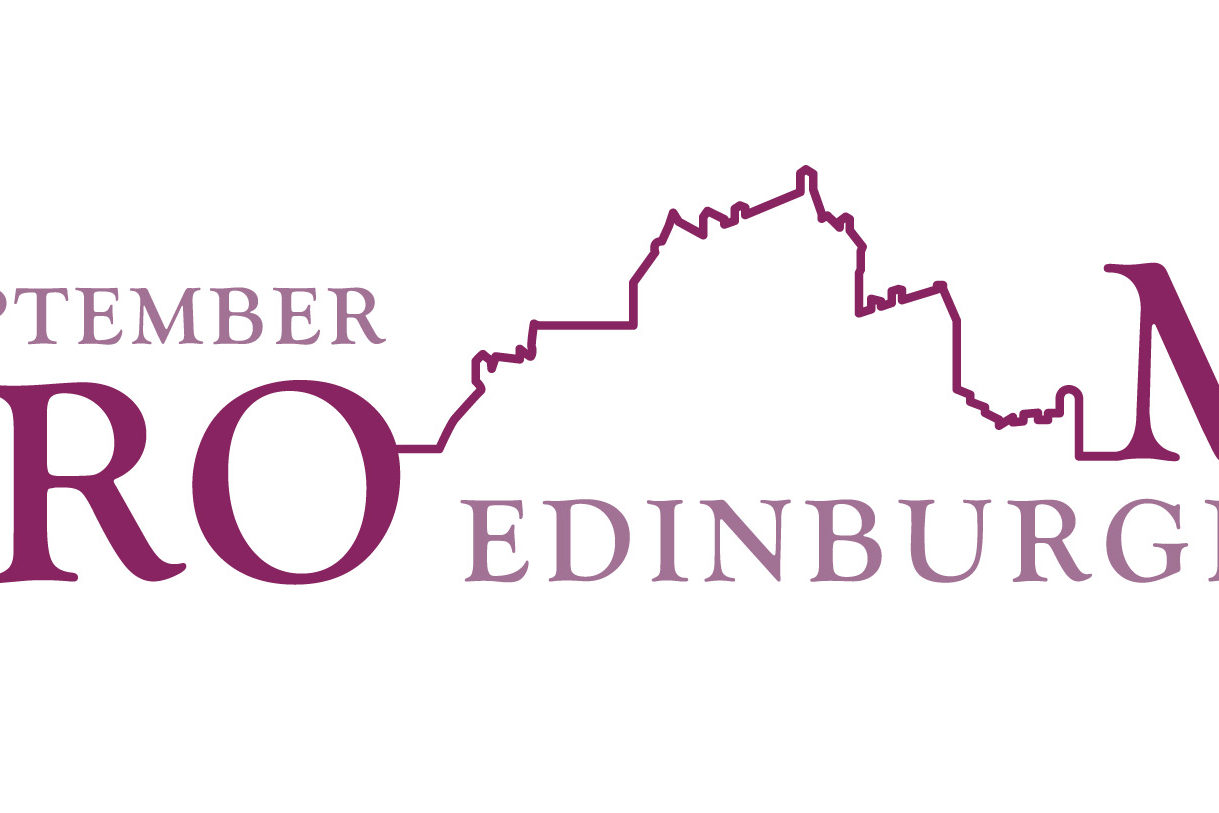Guest post by: Daniel Holmes, EPCC and Chair of EuroMPI 2016.
 EuroMPI 2016 and Women in HPC are delighted to announce the first partnership between Women in HPC and a High Performance Computing Conference. EuroMPI is the pre-eminent meeting for users, developers and researchers to interact and discuss new developments and applications of message passing parallel computing, in particular using and related to the Message Passing Interface (MPI).
EuroMPI 2016 and Women in HPC are delighted to announce the first partnership between Women in HPC and a High Performance Computing Conference. EuroMPI is the pre-eminent meeting for users, developers and researchers to interact and discuss new developments and applications of message passing parallel computing, in particular using and related to the Message Passing Interface (MPI).
EuroMPI 2016 is committed to helping broaden diversity in the HPC community and beyond. Our commitment to diversity and in particular to addressing the under-representation of women comes from a recognition that diversity fosters innovation, new ideas and is a benefit to society. By ensuring that everyone is equally able to participate in the extraordinarily exciting field of High Performance Computing, society benefits as a whole.
Our partnership with WHPC will help us ensure that the conference is accessible and welcoming to all and will encourage us to challenge the status quo. In particular we will:
- Set goals to encourage the consideration of a broader range of people for keynotes and session chairs. This is often viewed with trepidation as no one wants to damage the integrity of the speaker programme. We will not be setting quotas or targets instead the organising committee is challenging itself to consider new and exciting speakers who may not have been considered before: embracing diversity through the introduction of bright new talent that has perhaps not previously been considered.
- Monitor the demographics of our audience. To date there is no clear baseline measurement of the proportion of women or minority groups in the MPI community. We need to measure the current diversity of our community, including sub-groups such as the keynote speakers, the conference chairs, and the programme committee, in order to compare with other communities. As the leading international MPI meeting, we believe gathering the information from this conference will provide a key resource for future years. We will aggregate the information gathered during registration, compile it anonymously and share this information with Women in HPC and on our website so that there is a record of the demographics of our field for future comparisons.
- Actively encourage a diverse audience to attend and participate in EuroMPI 2016. We will actively promote participation from under-represented groups in the EuroMPI program by targeting our advertising. We will work with Women in HPC to encourage women to attend who may not otherwise have considered the programme, in particular helping early career women to consider MPI a topic of interest and helping to retain those already in the community.
- Appoint a Diversity Chair. EuroMPI 2016 have appointed Women in HPC’s own Dr Toni Collis as Diversity Chair with a remit to ensure that diversity and inclusion is considered in every aspect of the conference.
The collaboration with between Women in HPC and EuroMPI 2016 is the first such agreement and we hope that it paves the way to not only a more diverse EuroMPI conference but encourages other conferences to consider taking this step as well.
We also hope to encourage readers of this blog to consider participating in EuroMPI 2016, either as contributors by submitting a paper or by attending in person in September in Edinburgh.
For full details on the EuroMPI 2016 conference and details on how to submit a poster or paper can be found here.
To find out more about collaborating with Women in HPC for your conference or event please contact us by emailing info@womeninhpc.org.
[one_third valign=”top” animation=”none”]

Daniel Holmes
[/one_third]
[two_third_last valign=”top” animation=”none”]
Daniel Holmes is the Chair of EuroMPI 2016 and is an Applications Consultant at EPCC, The University of Edinburgh. Daniel’s research focuses on the message passing interface (MPI). His work involves implementing MPI libraries in a variety of different languages, designing and implementing new features for effective message-passing and improving basic parallelism strategies in a range of situations from shared memory to PGAS systems. He is now an active member of the MPI Forum, chairing a working group and chapter committee. Prior to his research career Daniel gained twelve years experience as an IT professional in a wide variety of companies and industries.
[/two_third_last]

